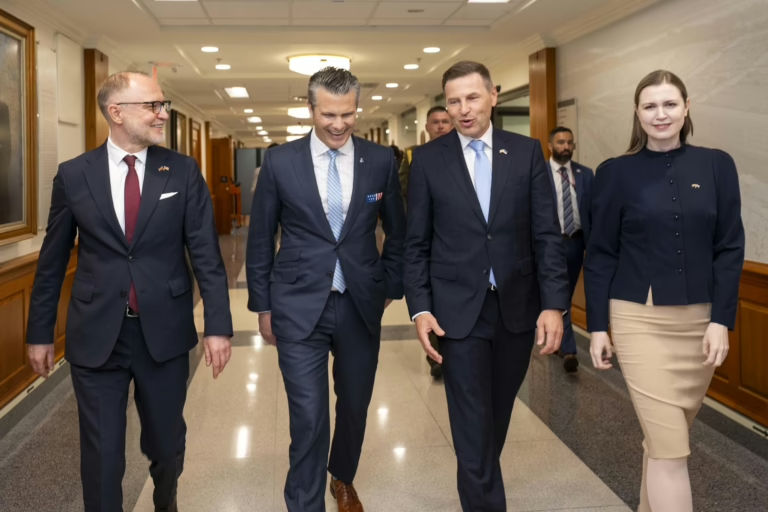August closed with the military counting up its gains: Nigeria’s defence headquarters says troops killed terrorists and arrested 85 suspects during operations spread across several fronts. Announcing the figures in Abuja, defence spokesman Maj.-Gen. Edward Buba framed the month as proof of sustained pressure on armed groups from the North-East to the North-West. The claims, which could not be independently verified at the time of publication, arrive amid a conflict landscape that blends insurgency, banditry, and communal violence. This article examines what the military says it achieved, where the operations unfolded, and the questions the numbers leave unanswered.
Evaluating Nigerian defence spokesman claims on August counterterrorism operations with context on operational zones tactics detainee rights and civilian safeguards plus recommendations for independent verification transparent casualty tracking judicial oversight humanitarian coordination and community trust building
While the defence spokesman’s report of neutralizing terrorists and arresting 85 suspects showcases significant operational activity, a thorough evaluation demands a closer look at the context of operational zones and tactics employed. In conflict-affected areas such as the Northeast, the complexity of insurgent networks requires agile, intelligence-driven approaches that prioritize minimizing collateral damage. This raises critical questions on detainee rights during arrests and the implementation of stringent civilian safeguards to prevent harm to non-combatants. To bolster confidence in these claims, independent verification by international observers and civil society groups is essential, alongside transparent casualty tracking mechanisms that detail militant versus civilian casualties. Additionally, integrating judicial oversight ensures lawful handling of detainees, while coordinated humanitarian efforts can address displacement and trauma. Effective counterterrorism extends beyond military victories; it hinges on sustained
- community trust-building
- open communication channels
- and holistic security strategies that respect human rights and foster lasting peace.


















0 Comments